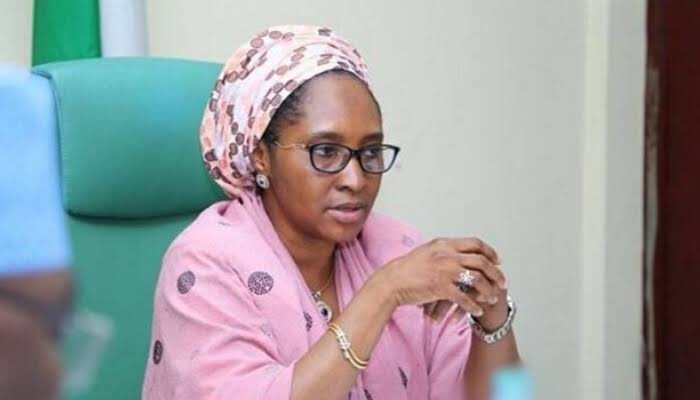The increase in federal allocation for the first quarter of 2020 to all tiers of government is a clear indication of the capacity of the Buhari administration to properly respond to threats of economic disruption, according to the Buhari Media Organisation (BMO).
In a statement signed by its Chairman Niyi Akinsiju and Secretary Cassidy Madueke, the group said it was remarkable that Federal Account Allocation Committee (FAAC) disbursed more in that period than in the last six years.
“We are elated that the quarterly report issued by the Nigeria Extractive Industries Transparency Initiative (NEITI) which showed that FAAC disbursement in the first quarter of 2020 was the highest Q1 allocation since 2014.
” For the avoidance of doubt, total disbursements were N1.648 trn in Q1 2015, N1.132 trn in Q1 2016, N1.411 trn in Q1 2017, N1.938 trillion in Q1 2018, N1.929 trn in Q1 2019 and N1.95 trn in the same period this year.
“This, more than anything else, reflects a progressive rise in government revenue, especially from the Federal Inland Revenue Services (FIRS) as well as the Customs.
Another factor is the proactive policy of the Buhari administration in adjusting the exchange rate from the interbank rate which provided more naira to dollars earned,” the group said.
BMO added that this feat should give Nigerians hope about the ability of President Muhammadu Buhari and his economic team to navigate through the economic disruption of the Covid-19 pandemic.
“What the government did in the first quarter of the year was on the back of lower crude prices, but it also didn’t stop the government from improving the country’s foreign reserves in recent days
” We invite Nigerians to see that latest figures from the Central Bank of Nigeria show that the foreign reserves rose by $1.22bn from $33.42bn as of April 29, 2020, to $34.65bn on May 11. This is right in the middle of the global economic chaos caused by the pandemic.
“Both feats are remarkable, given the effect of the lockdown, low oil prices and lower collection of taxes in a muted economy at a time that even more developed countries have recorded lower revenues as a result of the pandemic.
” We need to use the decline in oil prices to compare this situation to a similar one in Q2 2014 when the previous Peoples Democratic Party (PDP)-led administration buckled under the immediate crash of crude oil price with federal allocation falling by more than 20%.
” Nigeria will easily recall that this created a chain of fiscal disruptions that reflected in the then President Goodluck Jonathan government borrowing from commercial banks to pay salaries as well as the inability of 27 States to pay staff salaries, thus eventually leading the country into a recession”.
It consequently urged Nigerians to trust in the capacity of the Buhari administration to positively ameliorate the negative impact of the Covid19 pandemic on the national economy.
